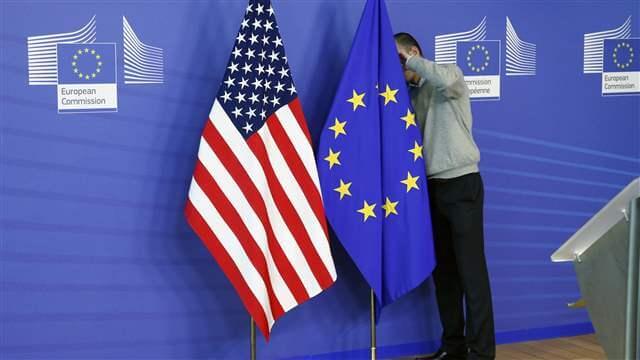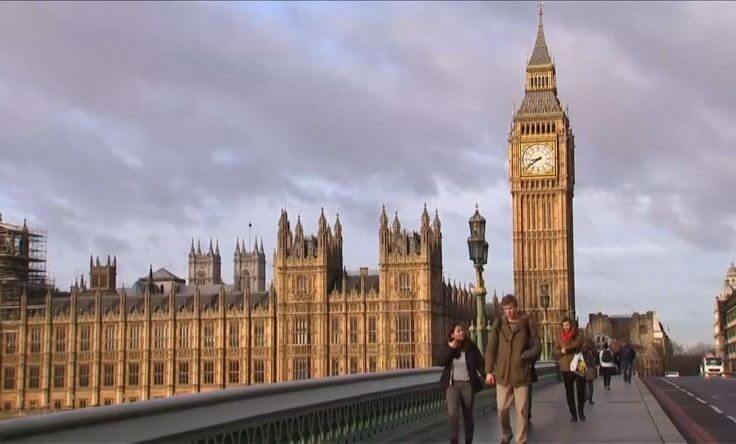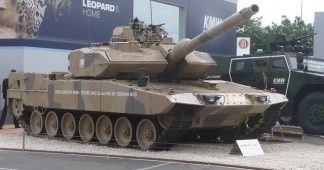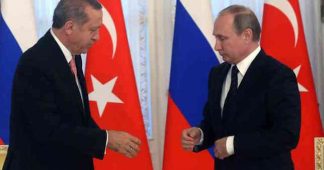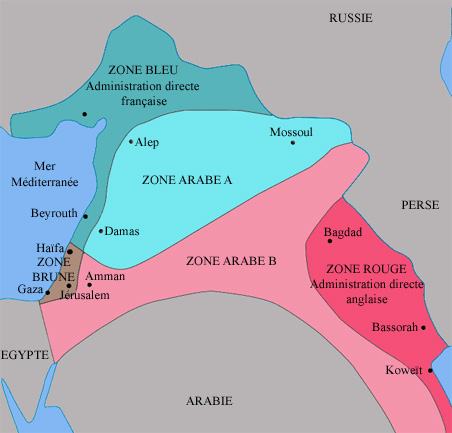By Mehmet Bildik
Original post date: 25 January 2017
Before World War I , Britain had enjoyed almost a century of unparalleled peace and prosperity. Despite rapid advances of Germany, Great Britain remained the most technologically advanced nation on Earth. The scope of the Industrial Revolution and the greatest inventions of the age were making up pax-Britannica. Thus Britain became the manufacturing centre of Europe, importing raw materials from trading partners to be turned into goods for sale. British shipbuilders were busiest in the world, constructing thousands of vessels for trade and defense. Within Britain itself, a vast network of channels allowed longboats to move cargo and in the mid-1800s channel boats were superseded by trains and railways leading to other transportation advancements of the British Empire, a vast sprawl of territories and possessions named “the empire sun never set”.
In Germany, Wilhelm I generally left matters of foreign policy to Bismarck, his trusted chancellor. A brilliant statesmen with an astute understanding European politics, Bismarck skillfully steered Germany through a quagmire of tensions and pressures. Bismarck’s main aim was to give the new Germany a ‘breathing space’ by avoiding war, particularly a two- front war where Germany might have been confronted by both France and Russia. The crowning of young Wilhelm II spelled trouble for Bismarck and his foreign policy regime. The new Kaiser was ambitious and full of grand designs for building German prestige and expanding him empire’s great influence. He believed that new colonies could be obtained in Africa, Middle East and Pacific, while German influence could be boosted by taking advantage of the Ottoman Empire’s weakening hold over the Balkans and Eastern Europe. To further the agenda, The Berlin-Baghdad Railway also known as the Baghdat Railway was built to connect Berlin with Baghdad, with Germany pursuing to establish a port in the Persian Gulf.
